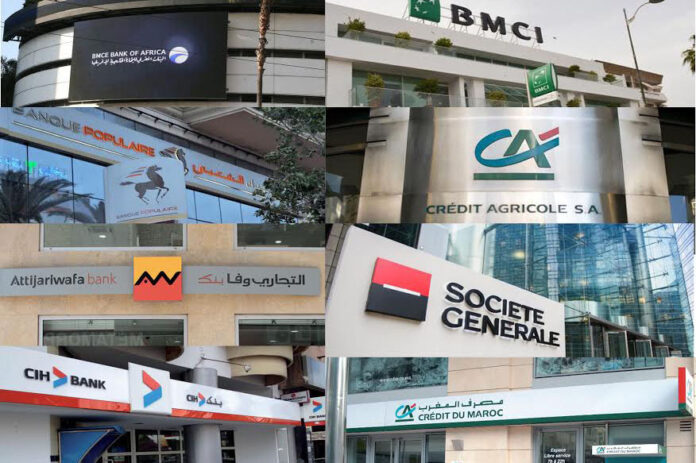Accessing banking services should never come at the cost of transparency or fairness. To ensure that consumers are treated equitably, a comprehensive set of regulations governs the relationship between banks and their customers. These rules are designed to guarantee clear communication, balanced contracts, and effective avenues for resolving disputes.
Banks are legally required to publish their fee structures and provide clients with clear, understandable statements and information about interest rates. Whether it’s a checking account, a term deposit, or an investment portfolio, contracts must include detailed clauses to eliminate ambiguity and protect the consumer from unexpected terms or charges.
If customers feel wronged, they have multiple ways to raise complaints. Each bank must implement a formal internal system for handling grievances, which includes specific response times and clear procedures. Generally, a reply must be issued within 40 days unless there’s a legitimate reason for delay.
When internal complaint processes don’t lead to a resolution, customers can escalate the matter to the Moroccan Banking Mediation Center. This service is free, voluntary, and designed to settle unresolved disputes out of court—as long as legal action hasn’t already been initiated. Consumers can access this mediation service online, by mail, or through their bank branch.
Should both the bank and the mediator fail to resolve the issue, customers still have the right to take the matter to court to protect their interests.
Consumer protections have also been strengthened through several regulatory updates. For example, banks are now required to release credit guarantees automatically within 30 days of full repayment. Switching banks has also been made simpler through a free service that helps customers transfer their accounts without excessive red tape.
The law also lays out clear rules for borrowers. Whether it’s a mortgage or a personal loan, credit offers must include transparent terms, a mandatory cooling-off period, and clearly defined rights around advertising, cancellation, and early repayment.
Consumer data is another area under tight scrutiny. A national authority, working alongside the country’s financial regulators, is tasked with safeguarding personal information and ensuring it’s handled securely.
In the event a bank fails and is unable to return deposits, a dedicated guarantee fund is in place to reimburse clients up to a certain limit. This fund ensures depositors are protected even in worst-case scenarios.
Heirs can also take steps to identify any accounts held by a deceased relative, provided they supply the necessary documentation. This process can be completed online or at relevant bank branches.
Financial education remains a cornerstone of consumer protection. Awareness campaigns, educational tools, and training sessions are regularly offered to help individuals understand how the banking system works, how to exercise their rights, and how to manage their money more effectively.
Together, these safeguards form a robust framework aimed at restoring balance between financial institutions and their customers. They empower consumers to stand up for themselves, stay informed, and navigate the financial system with greater confidence and security.





